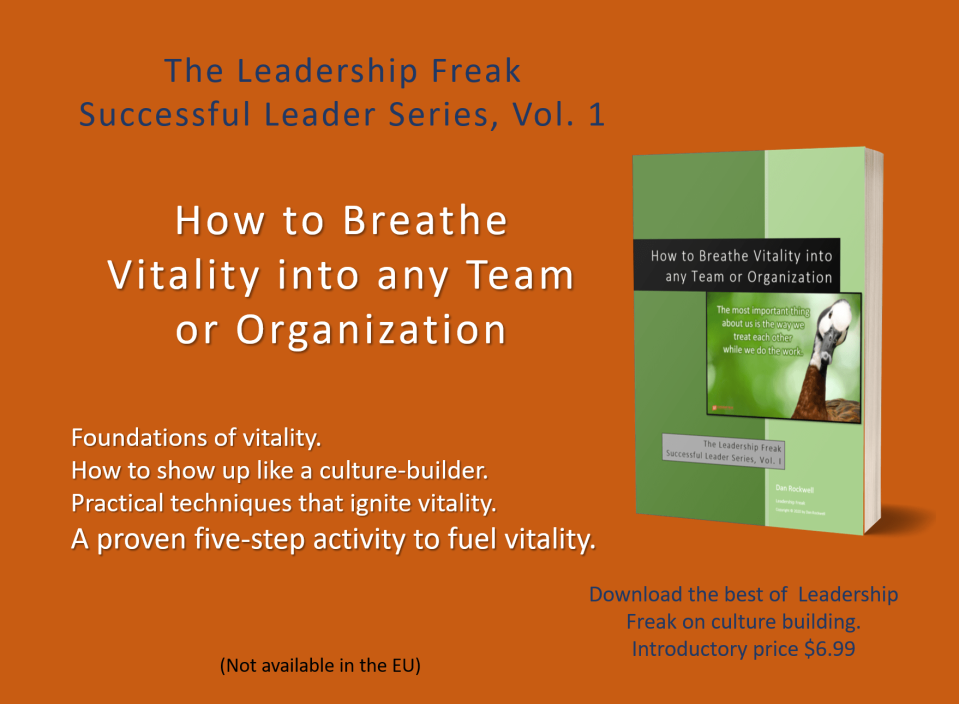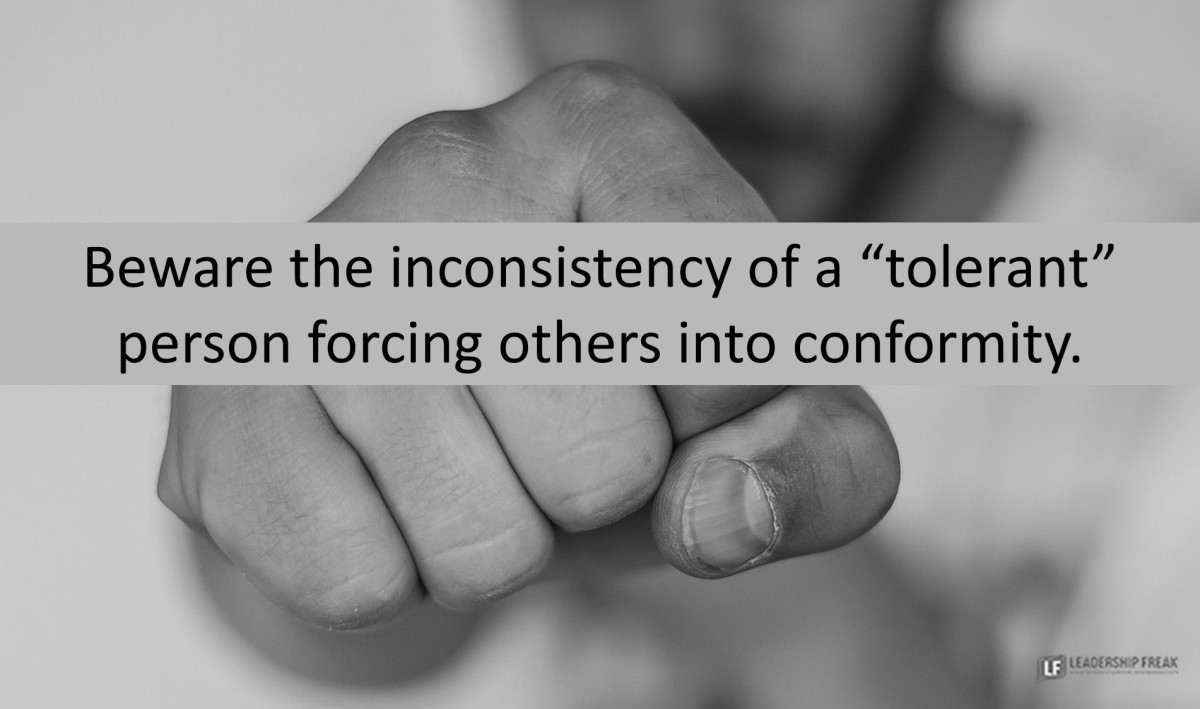Noticing: The Gift that Keeps on Giving
We recently ate at a busy restaurant in Chicago. Staff bustled but didn’t hurry. I asked if we could sit outside for dinner. The hostess spotted a table, hustled over to clean it, and seated us in two shakes of a lamb’s tail.
During dinner, my wife and I noticed the hostess seating people, cleaning tables, and serving food. She hustled around like she owned the place.
She checked in with us just as our dessert arrived.
“You’re doing a marvelous job,” I said. “It looks like you do everything here. What’s your job?”
She lit up and said, “I’m the manager. I can’t let my team down. Thank you for noticing.” We chatted briefly. She hustled away smiling.
The next morning, we saw a bizarre exchange while we ate breakfast in the same restaurant.
A normal looking woman approached a member of the restaurant staff, but looks are deceiving. We couldn’t hear her complaint, but she was unhappy with a capital UN.
The exchange ended with the woman carrying a pitcher of water out of the restaurant. A few minutes later she returned with a half full pitcher and had some final words for the same staff person. I decided to bring it up.
“It looked like you had a bizzare exchange with that woman.”
He chuckled and said, “We see some pretty strange things here.”
I said, “Well, you handled it wonderfully.”
He smiled brightly and said, “Thank you for noticing.”
Noticing:
It’s easy to notice things you don’t see every day.
We don’t notice the people we see every day. But the energy and effort of high performance is the same whether you’re seeing it for the first time or the hundredth.
Things that go unnoticed lose value.
The best thing about noticing is it’s disproportionately powerful and cost effective.
Who should you notice today?














